
What’s the Difference Between Cake Flour, Bread Flour, Pastry Flour
Measure out 1 cup of all-purpose flour. Remove 2 tablespoons flour from the cup, then add 2 tablespoons cornstarch. Sift the flour and cornstarch together through a fine mesh sieve over a bowl, then sift again into a second bowl. The double sift combines the two ingredients especially well, removes any lumps, and incorporates air into the mixture.
Gluten Free Alchemist Chestnut & Rice Flour Bread
You can make your own cake flour substitute by combining all-purpose flour with a little bit of cornstarch. The cornstarch adds tenderness and lowers the overall protein content of the mixture to mimic that of cake flour. How to make cake flour: Whisk together 3/4 cup + 2 tablespoons (105g) all-purpose flour and 2 tablespoons (14g) cornstarch.

Try this easy light rye bread recipe! Made with dark rye flour, whole
Place the bread pan (with ingredients) back into the bread machine. Close bread machine cover. Plug in the bread machine. Enter the settings (2 lb, light color and basic bread setting) and press the start button. After the bread machine has finished baking the bread, remove the bread and place it on a cooling rack.

The Difference Between Cake Flour, Bread Flour, Pastry Flour, and All
Instructions. Preheat the oven to 350 degrees F. Line an 8 x 4 loaf pan with parchment paper and spray with nonstick cooking spray to prevent sticking. In a large bowl, whisk together the following ingredients until well combined: yogurt, eggs, maple syrup, vanilla and almond extract.

Science of Flour in Baking Baking Sense®
The primary difference between bread flour and all-purpose flour is the protein content. Bread flour has more protein (King Arthur's is 12.7%) than all-purpose (11.7%). For context, pastry and cake flours have less, about 8% to 10%, respectively. Those may seem like small differences, but they have a big effect on how the flour behaves.
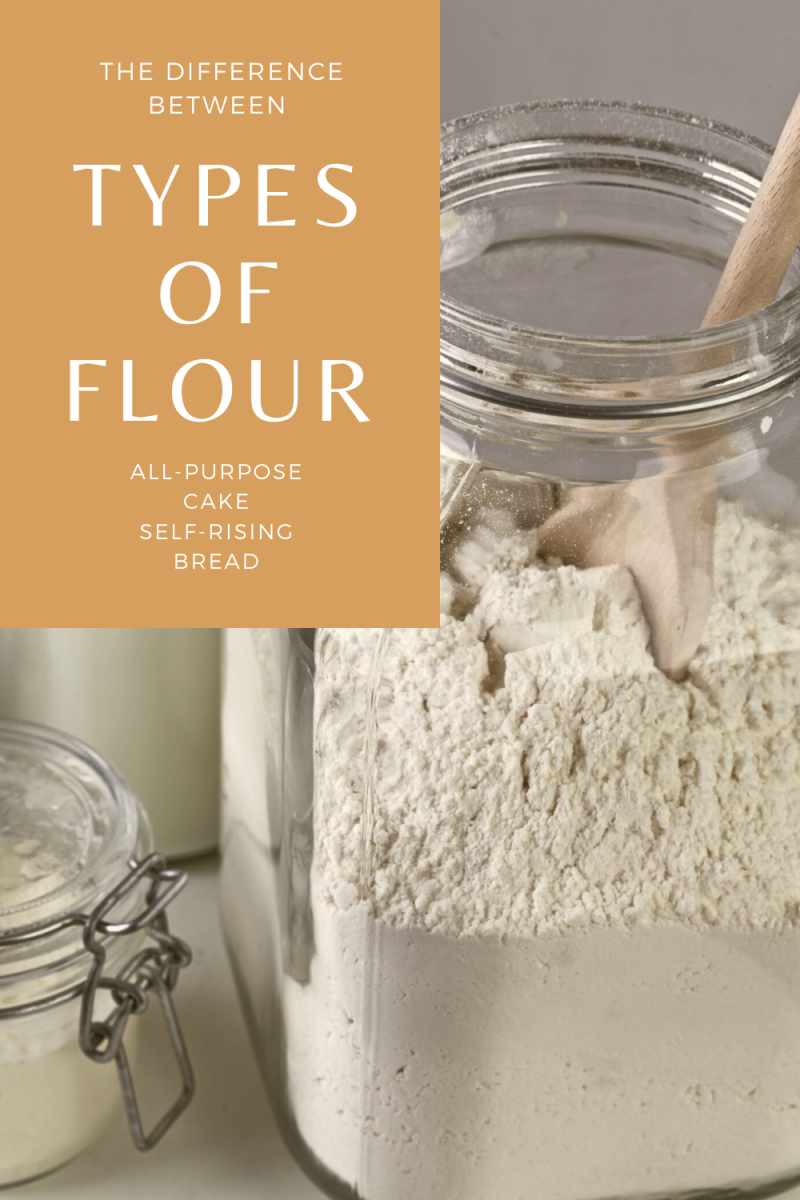
What Is Cake Flour, AllPurpose Flour, SelfRising Flour, and Bread
Cake flour's fine texture affects how it absorbs moisture. When using cake flour for bread, start with slightly less water than you would with traditional flours. Gradually add water as you mix the dough until it reaches a smooth and slightly sticky consistency. Remember, the dough's feel and texture are your guides.

Details 57+ cake flour pastry flour best awesomeenglish.edu.vn
What is Cake Flour? Cake flour (薄力粉) is a finely milled, delicate flour with low protein content. The main difference between all-purpose flour and cake flour and all-purpose is the protein content. Cake flour: 8% (less gluten) 薄力粉. All-purpose/plain flour: 10-13% 中力粉. Bread flour: 14-16% (more gluten) 強力粉.
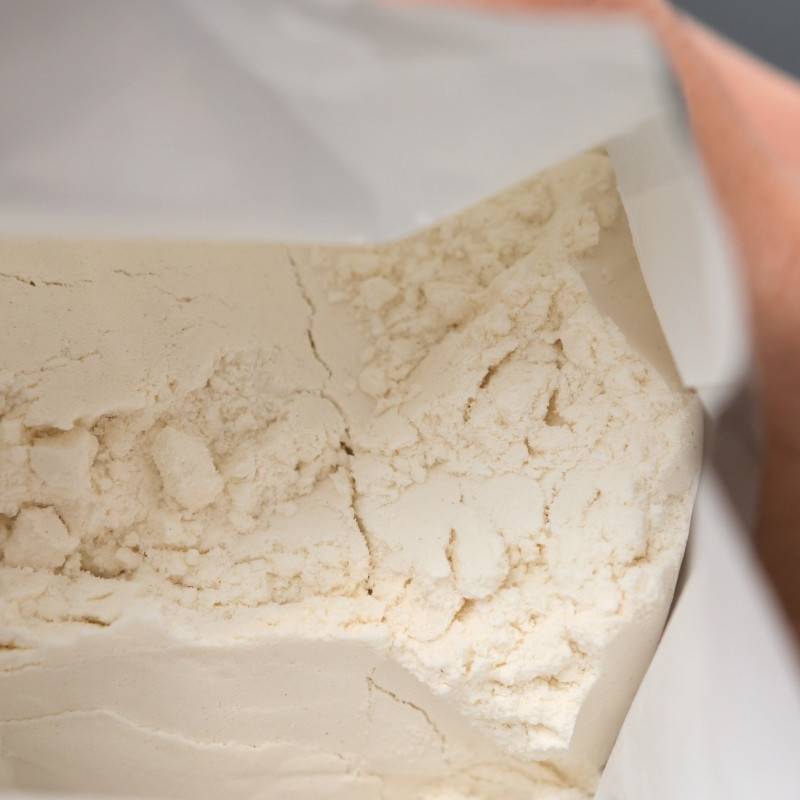
Flour Power What’s the Difference Between Cake Flour, Bread Flour
Preheat the oven to 350°F and spray a loaf pan with cooking spray or grease it with butter. In a bowl whisk the brown sugar with the cinnamon together until combined. Combine the flour, baking powder, baking soda and salt together in a bowl. Set aside.
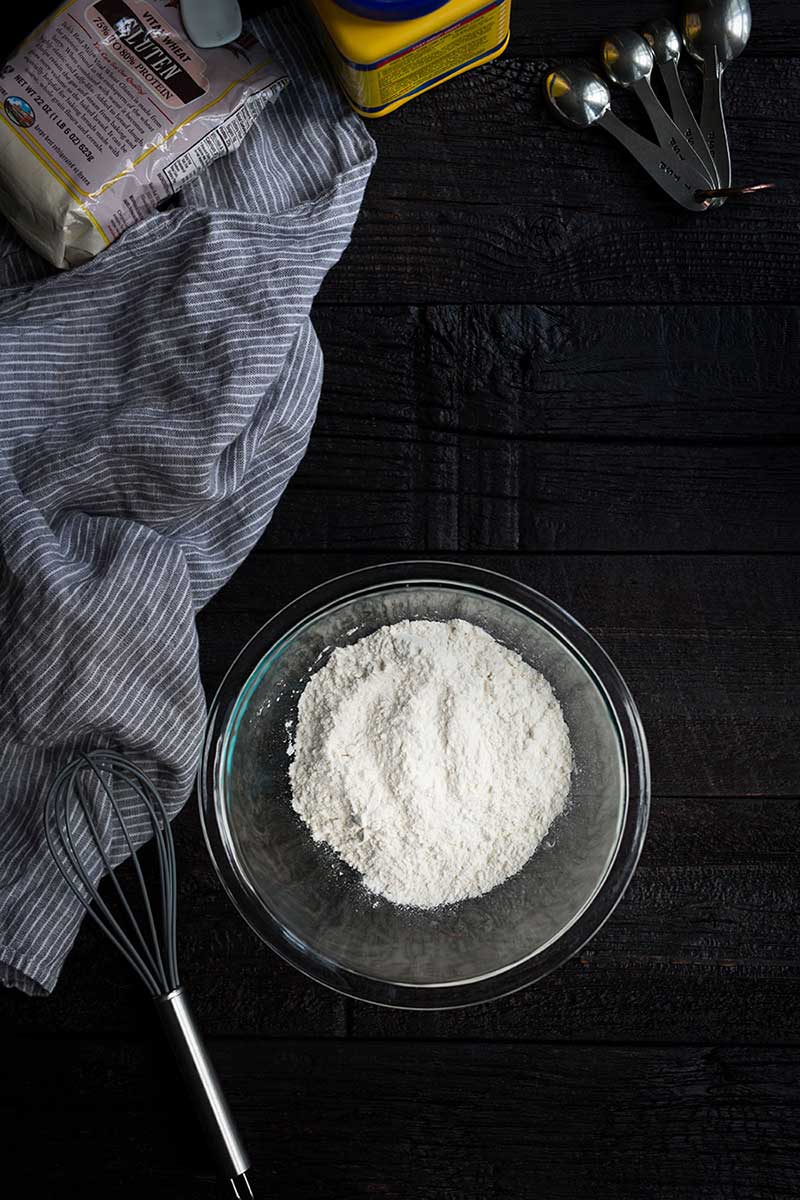
How to Make Cake Flour, Bread Flour, and SelfRising Flour Baking 101
Carrot cake bread for example, is a great way to make use of your cake flour. For this recipe, you will need flour, baking powder, baking soda, salt, cinnamon, ginger, nutmeg, vegetable oil, eggs, brown sugar, vanilla extract, yogurt or applesauce, and carrots. You'll want to start out by preheating your oven to 350 degrees F.

Different Kinds Of Flour All Purpose Flour, Cake Flour, Bread Flour
In a large bowl, beat butter and sugar with a mixer at medium speed until fluffy, 3 to 4 minutes, stopping to scrape sides of bowl. Add eggs, one at a time, beating well after each addition. Add banana, beating to combine. In a medium bowl, whisk together Swans Down® Cake Flour, baking powder, baking soda, and salt.
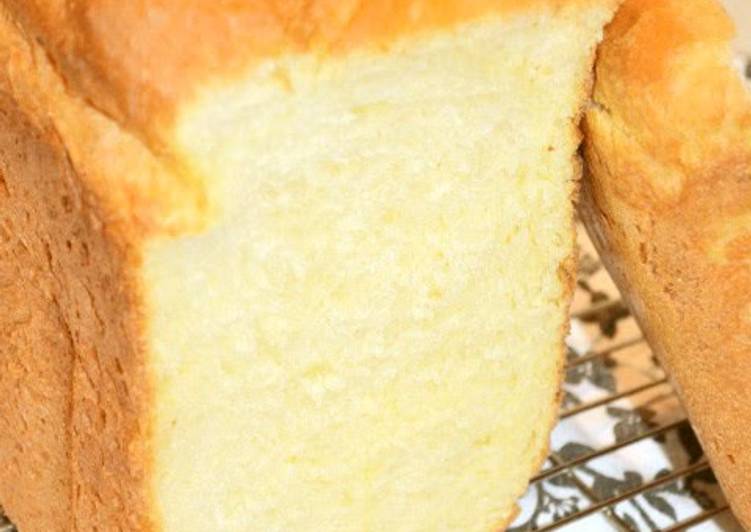
Recipe Appetizing Soft Milky Bread with Cake Flour Best Recipes
Follow the recipe instructions and consider adjusting the leavening agents if necessary. Flavor and texture: Keep in mind that using bread flour in a cake may impart a slightly different flavor and texture compared to using cake flour. Bread flour can add a subtle nuttiness and a denser crumb to the cake.

What’s the Difference Between Cake Flour, Bread Flour, Pastry Flour
If you don't have pastry flour on hand, you can substitute 1:1 with cake flour, which will result in a slight difference in texture. For better results, for every cup of pastry flour cited in a baking recipe, use ½ cup of all-purpose flour and ½ cup of cake flour. (For a more precise match, use ⅜ cup of all-purpose flour and ⅝ cup of cake.
Gluten Free Alchemist Chestnut & Rice Flour Bread
Baking Tip #8. For better results refrigerated ingredients such as eggs and butter should be brought to room temperature before baking. What do Irish soda bread, dinner rolls, king cake, and quick breads have in common? They're all better when baked with cake flour. Explore our bread recipes at Swans Down® Cake Flour.
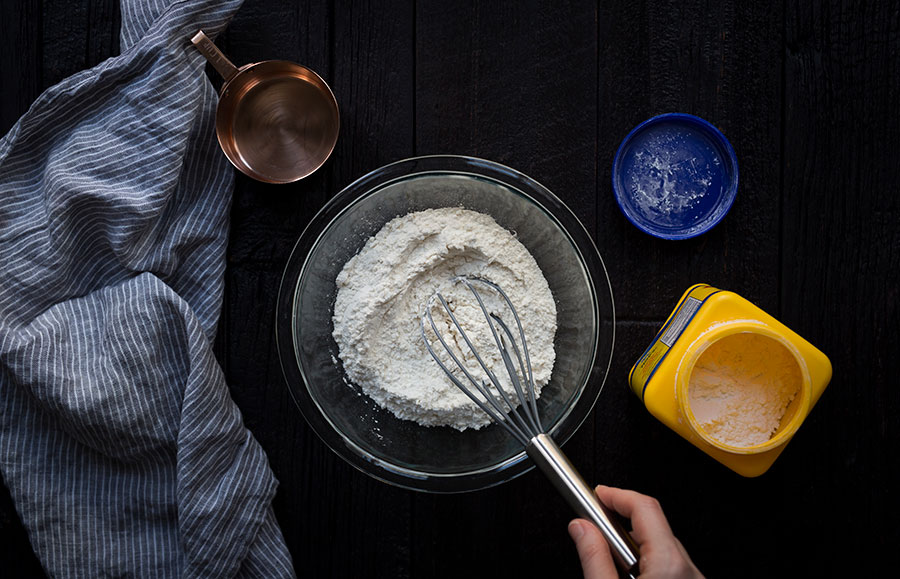
How to Make Cake Flour, Bread Flour, and SelfRising Flour Baking 101
Conclusion. Cake flour creates a softer and more tender final product. Cake flour is ideal for baked goods, such as cake and pie crust. Bread flour is ideal for anything that needs structure, such as bread and pizza dough. The lower protein content in cake flour is what allows it to create a softer product.

No Cake Flour? No SelfRising Flour? No Problem Cake flour, Self
By: Bob's Red Mill | April 23 2018. Cake flour is a light, finely milled flour with a lower protein content than all-purpose flour. Cake flour is milled from soft wheat and contains the lowest amount of protein when compared to other flours, around 5 to 8%. For comparison's sake, all purpose flour is usually 10 to 13% protein, which can.

What's the Difference Between Cake Flour, Bread Flour, Pastry Flour
Flour is the powdery result of grinding wheat, corn, rice, or seeds (or dried roots like cassava). It's useful in many different culinary applications, from baked goods like breads, cakes, and pie crusts to roux for sauces and airy batters. Most conventional flours are made from wheat kernels (or wheat berries), which consist of an endosperm.